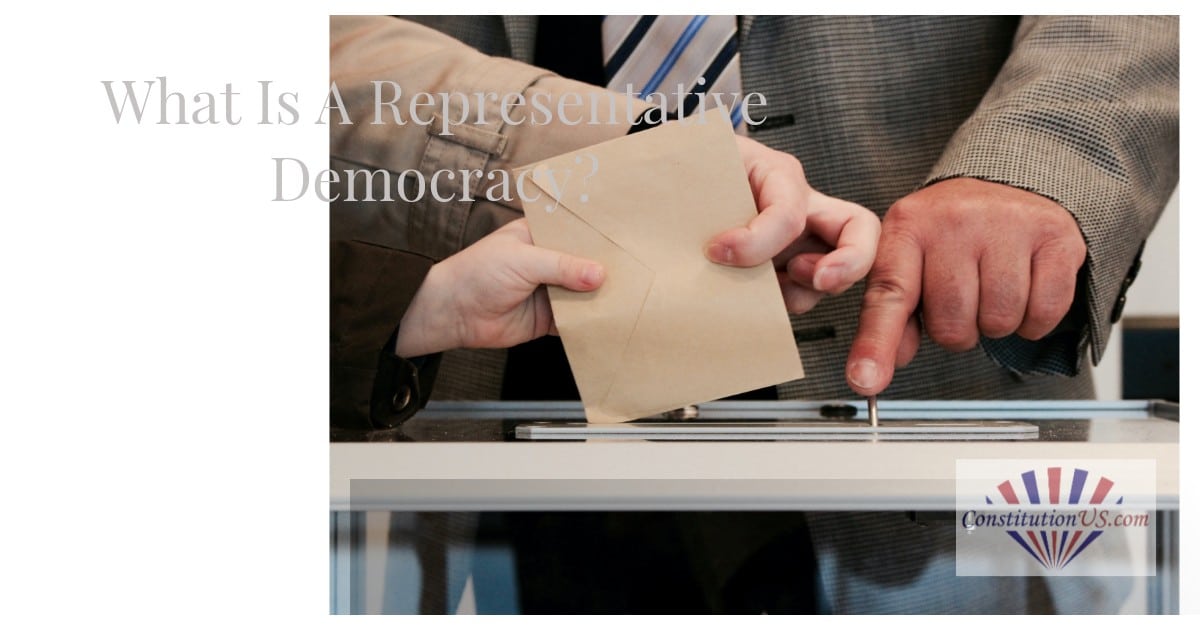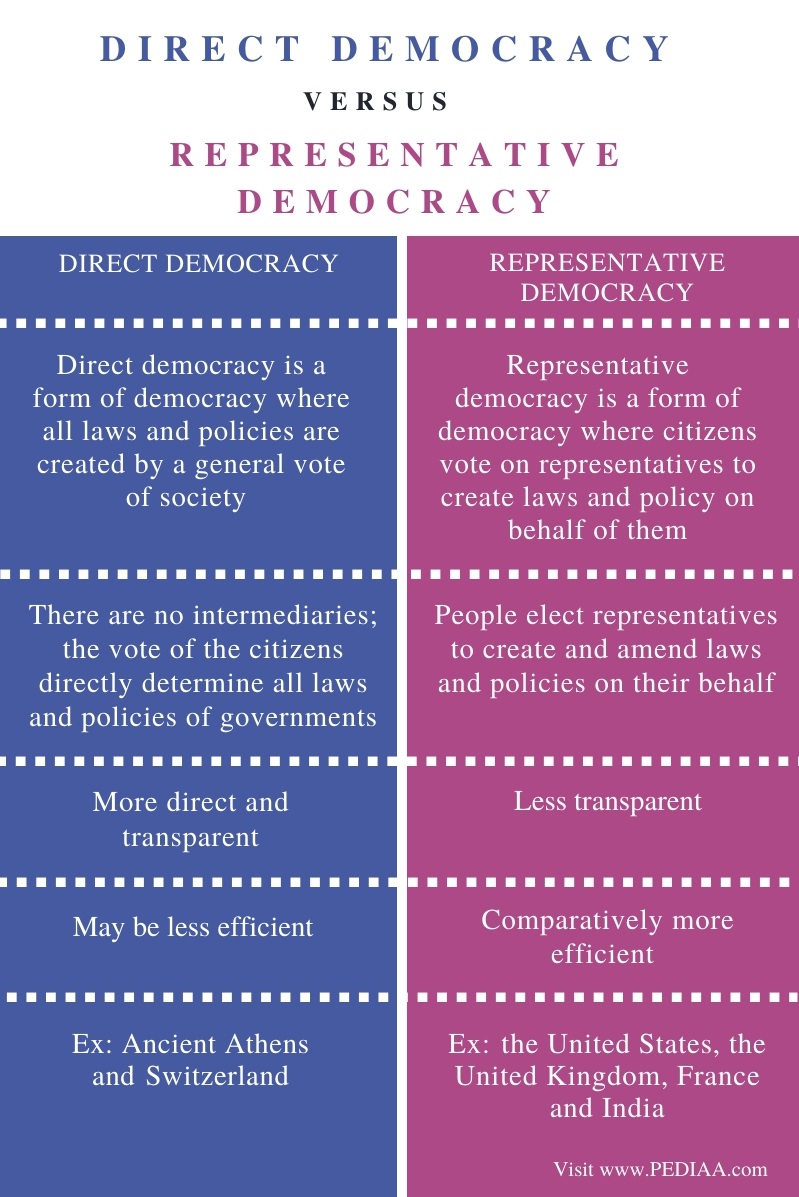Representative government is a system of governance in which the people elect representatives to make decisions on their behalf. This system is characterized by several key features that make it distinct from other forms of government.
One of the most prominent features of representative government is the principle of popular sovereignty, which holds that the people are the ultimate source of political authority. This means that the government derives its power from the consent of the governed, and that the people have the right to choose their own representatives and hold them accountable for their actions.
Another key feature of representative government is the separation of powers, which divides the functions of government into distinct branches with separate and distinct responsibilities. This helps to ensure that no one branch of government becomes too powerful and helps to prevent the abuse of power.
In representative government, the legislative branch is responsible for making the laws that govern the country, while the executive branch is responsible for enforcing those laws. The judiciary is responsible for interpreting the laws and ensuring that they are applied fairly and consistently.
Representative government also typically includes a system of checks and balances, which allows each branch of government to limit the power of the other branches. This helps to prevent any one branch from becoming too powerful and helps to ensure that the government operates in the best interests of the people.
Another feature of representative government is the concept of federalism, which divides the power of government between the national government and the state governments. This allows for a balance of power between the two levels of government and helps to ensure that the needs of the people are met at both the national and local levels.
Representative government also typically includes a system of elections, through which the people choose their representatives. These elections are typically held on a regular basis and are open to all eligible citizens. They provide a means for the people to hold their representatives accountable and to ensure that the government is responsive to the needs of the people.
Overall, representative government is characterized by the principle of popular sovereignty, the separation of powers, checks and balances, federalism, and a system of elections. These features work together to ensure that the government is accountable to the people and operates in their best interests.







